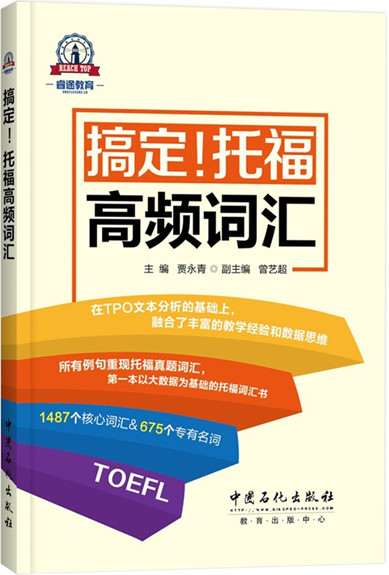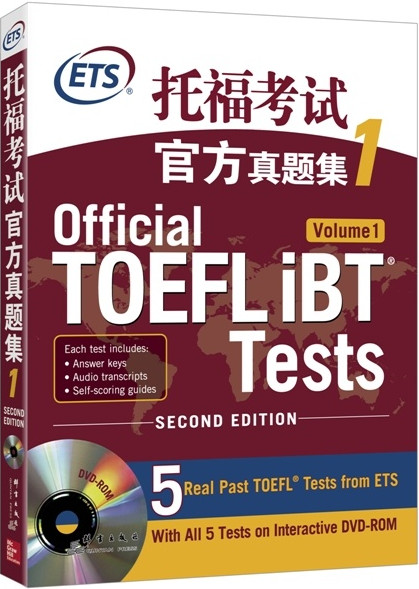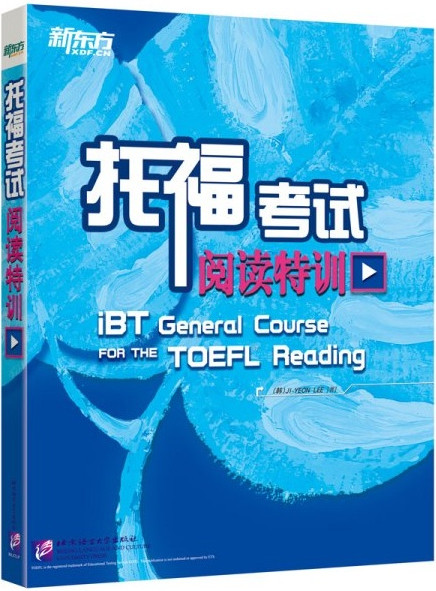下面为大家介绍一篇托福独立写作范文,希望为大家带来一些启发。2013年11月9日托福考试独立写作考试题目为:Parents learn more from children than children learn from parents,针对于这样的托福写作考题,考生该如何作答呢?
范文 1:
While children open the eyes of their parents to many things, it is a specious claim to say that they are the greater teachers. Children learn more from parents than their parents could ever learn from them.
First of all, children’s brains are undeveloped sponges and more receptive to learning than their adult parents’. Physiologically, the adult brain is less able to learn new things and more set in its ways; you cannot teach an old dog new tricks. On the other hand, children can learn new languages, do better at chess and the Game of Go, because their brains are open to learning new concepts. They can think outside the box, because “the box” has not even been built yet.
Second of all, children who have educated parents speaking with wide vocabularies are more likely to be successful and to master their native tongue. A study showing that smart children help their parents be more successful would be preposterous. For example, infants and even older children cannot teach their parents’ vocabulary at the same rate as their parents can teach them, despite being able to pepper their speech with the like, totally awesome slang of the day.
At last, we must admit that experience counts for something. There is knowledge and then there is wisdom that comes from having seen and done things. Children do not have the years of accumulated experience that their parents inevitably have. These “life lessons” are the sort of thing parents want to pass on to their children. In contrast, children are not teaching their parents not to touch the hot pan or to look both ways before crossing the road—essential bits of knowledge that most of us learn from our parents.
The nascent brains of youth are more susceptible to learning from parents and we know that early childhood education has a lasting impact on children, just as we know that essential lessons are passed from parents to children not vice versa. In summation, parents are the superior teachers in this relationship.
范文 2
It seems intuitive that parents mainly teach and children mainly learn, but some believe that parents actually learn more from their kids than their kids learn from them. I agree with this counterintuitive idea.
First of all, some studies have shown that children's personalities and beliefs are determined more by their peer groups than by their parents, so parents might not be as influential on children as we think. This was certainly true for me growing up. The things I thought and did as a kid were more in line with my friends than with my mom and dad. That's not to say I didn't learn anything from my parents—my mother's sense of planning, for example, has finally rubbed off on me some ten years later—but to this day I'm still more like my free-spirited friends than my conservative parents.
Second of all, raising a kid is a life-changing experience, and kids can shape parents more strongly than we tend to imagine. My parents, for instance, loosened up considerably over the years while raising me—their far more relaxed approach to bringing up my little sister is proof of that. Whereas with me they were strict and disciplinarian, with her they were lenient and hardly resorted to things like spanking or grounding at all. They also started giving me more freedom, too. Now when I laugh with my parents about those days, they will often say things like, "Well, we tried that approach, but after a while we realized it wasn't working," or "we really grew up a lot while raising you two."
Admittedly, parents can strongly shape a child's early worldview. However, I do not think they remain the strongest force in a child's life for all that long. Once friends and teachers start coming into the equation, a child's future is molded more strongly by forces other than parents. Also, we have to remember that we remain young children for a comparatively short period of our lives. My life up to my teenage years may have been determined largely by my parents, but after that, their influence has steadily waned. This is not necessarily because I began to value their input less, but because other influences—friends, teachers, significant others, etc.—started taking up more and more of the pie. But after a certain age, number of influential people in our lives tends to grow smaller, so for parents, children become increasingly influential.
In the end, both parents and children shape each other. However, as kids grow up, they quickly develop other stronger influences in their lives like friends. Raising a child is a life-changing experience like no other, and as we get past a certain age, the important people in our lives tend to diminish. So a child's role in a parent's life only grows, while a parent's role in a child's life only lessens. Thus, our parents will likely be less educational for us than we are for them.
以上就是托福独立写作范文的介绍,希望上述的范文能够帮助大家总结自己的托福独立写作规律以及流程,为大家带来启发。也希望同学们在托福写作考试中取得理想的成绩。
- 06-13·2018年托福写作必背经典句型
- 06-08·2018年托福作文素材(9)
- 06-08·2018年托福作文素材(8)
- 06-07·2018年6月托福写作参考范文:政府类
- 05-26·2018年20个托福写作高分句型
- 06-132018年托福写作必背经典句型
- 06-072018年6月托福写作参考范文:政府类
- 05-082018年托福写作高分范文赏析汇总
- 04-20托福写作考试11个高分开头方式
- 03-272018年托福综合写作万能模板汇总
编辑推荐
- 模拟试题
- 历年真题





